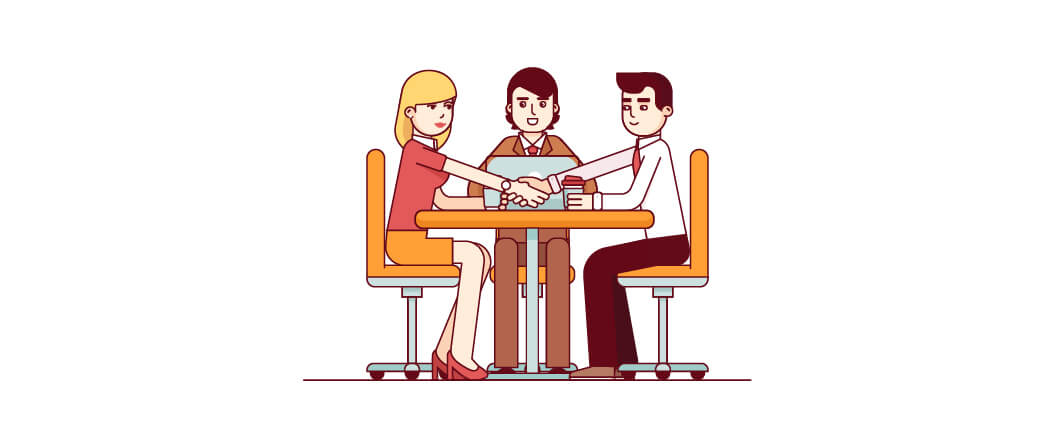
It is very likely that you’ll be asked questions such as “What do you know about our company?” or “Why do you want to work here?”. This is when your knowledge of the company will come in handy. Your interviewer may use these questions to gauge your interest in the job, so be sure to prepare for them. You can research the company by visiting their website. The “About Us” page typically provides quick facts about the company. For the company’s latest news, you can visit the “Media” page to see where the company has been featured recently.
You can also check out their social media pages, or read their annual report. If you’re keen to find out more about the company’s culture and experiences of candidates who have interviewed before, you can check out Glassdoor.com.

Not understanding the role reflects badly on yourself and can be a major time waster for both you and your interviewer. To avoid this, read the job advertisement and job description thoroughly before applying for the job or agreeing to the interview. You can also check LinkedIn for profiles of person(s) who are currently in the role or were previously in the role. If you were put forward by a recruiter, be sure to ask questions and be upfront about your expectations.

If your due diligence still left certain questions unanswered, the interview is a great opportunity to find out more. Don’t be afraid to ask these questions during the interview as they are an indication that you are keen on the role.
Try to sound as positive as you can in an interview. This not only keeps the atmosphere in the room comfortable for you and your interviewer, it also demonstrates your psychological state and is an indication of how you might handle situations when the going gets tough. Two common areas where candidates tend to make this blunder are when they are faced with these question/statement:
“Why do you want to leave your current employer?”
“You do not have this skill that is required for the role.”
For the first question, avoid trashing your current employer as 1) it shows your lack of ability to cope with a challenging situation and move past it, and 2) the last thing your interviewer wants is for you to be talking trash about their company or employees in the future. When you are asked this question, keep calm and focus on the pull factors at the interviewer’s company.
For the second question, you can turn the spotlight on the knowledge, skills and experience you have instead. Remember, few candidates will fit all the criteria. It will also help if you demonstrate that you do have a keen interest in acquiring the skills you lack as this shows a good attitude towards learning.

When you are feeling nervous, you may start to talk too fast without realising. Control your nerves and try to imagine the interview as a general conversation. When you are asked questions, it’s completely natural to take time to process it in your head before speaking. If you do need extra time for one or two questions, it’s fine to request for it.
Remember, it’s better to answer the question clearly and effectively. When you speak too fast, you run the risk of sharing too much, and sometimes, unnecessary or irrelevant information. Keep your answers to the point. If the interviewer wants more details, he/she will ask for it.
We can’t stress how important it is to prepare. It is definitely worth spending time looking at the job advertisement and job description to develop possible questions that the interviewer might ask. You should think about your responses to common interview questions such as “Tell me about yourself”, “Why do you want to work here?” and “What are your strength and weaknesses?”. A great way to appear less nervous and avoid talking too fast is to practise going through the interview with a friend, family member or even an industry peer who can help you with the technical bits.
It is helpful to prepare a list of potential questions that you want to ask the interviewer. This not only helps you gain a better understanding of the role, it also indicates your interest level. To know which smart questions you should be asking, check out this article.
If the interview will be held at a place you are not familiar with, do plan out your journey beforehand, especially if you need to travel during peak periods. Arriving on time is a good practice as your interviewer may have back-to-back interviews; if you arrive late, you may have lesser time for your interview, not to mention create a bad impression.
Looking for a job? Browse the latest IT jobs here or sign up to our mailing list for the latest job vacancies in tech and career advice.